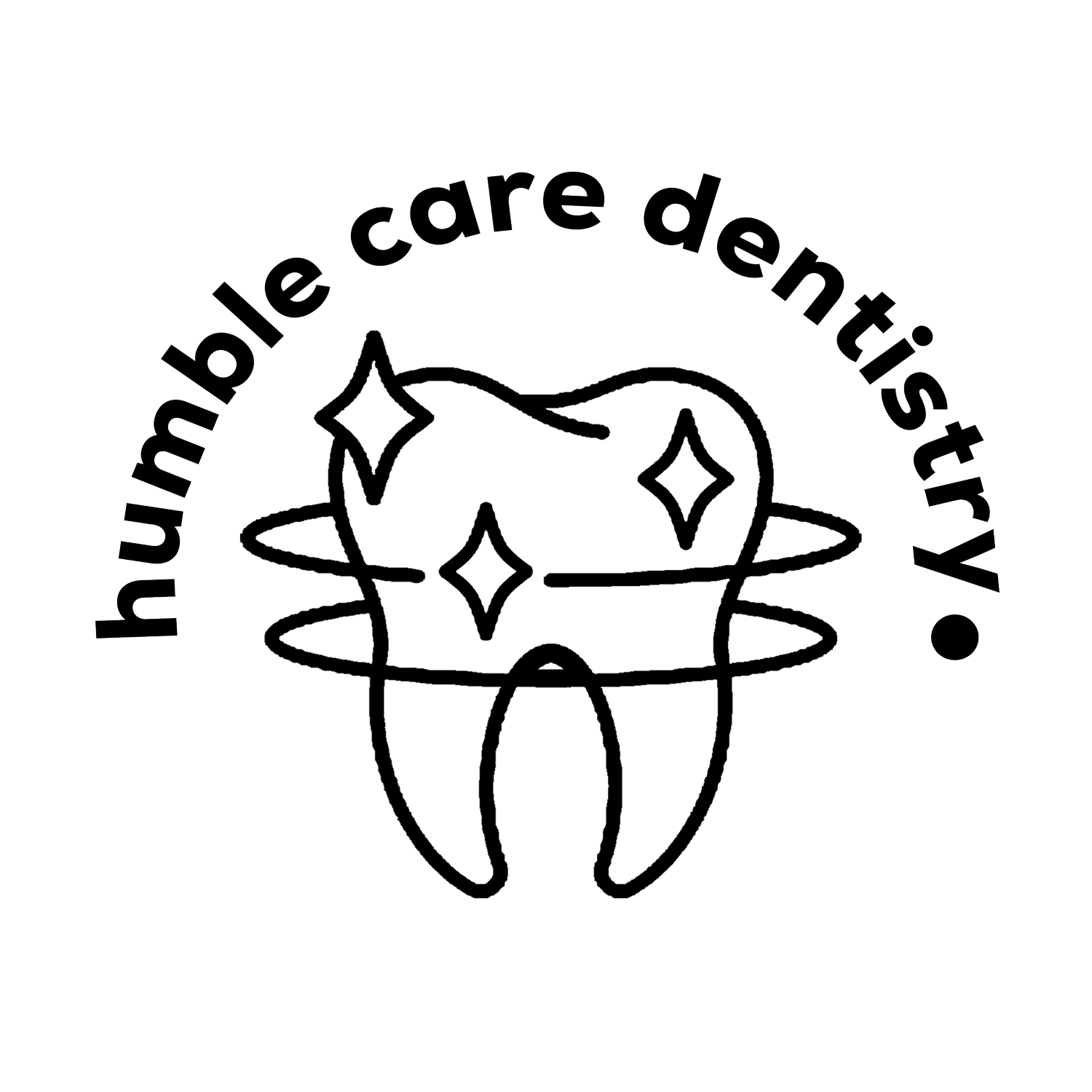Common Dental Problems and How to Avoid Them:
Maintaining good oral health involves more than just brushing and flossing; it's about being aware of common dental problems and taking proactive steps to prevent them. From tooth decay to gum disease, understanding these issues and knowing how to avoid them can help you keep your smile healthy and bright. Here’s a comprehensive guide to some of the most common dental problems and strategies for prevention:
1. Tooth Decay (Cavities)
Tooth decay is one of the most prevalent dental problems, caused by bacteria in the mouth that produce acids that erode tooth enamel. Prevention strategies include:
Brushing and Flossing: Clean your teeth thoroughly at least twice a day to remove plaque buildup.
Fluoride Toothpaste: Use toothpaste with fluoride to strengthen tooth enamel and protect against decay.
Limit Sugary and Acidic Foods: Minimize consumption of sugary snacks and drinks that contribute to plaque formation and acid production.
2. Gum Disease (Periodontal Disease)
Gum disease ranges from mild gingivitis to more severe periodontitis, which can lead to tooth loss if untreated. Prevention tips include:
Regular Brushing and Flossing: Proper oral hygiene removes plaque and prevents the buildup of tartar, which can lead to gum disease.
Regular Dental Checkups: Routine visits to your dentist allow for early detection and treatment of gum disease.
Quit Smoking: Smoking increases the risk of gum disease and can hinder treatment efforts.
3. Tooth Sensitivity
Sensitive teeth can be caused by worn tooth enamel, exposed tooth roots, or gum recession. Prevention strategies include:
Using a Soft-Bristled Toothbrush: Reduce abrasion on sensitive teeth.
Desensitizing Toothpaste: Use toothpaste designed for sensitive teeth to help block sensations of pain.
Avoiding Acidic Foods and Beverages: Acidic foods and drinks can exacerbate tooth sensitivity.
4. Bad Breath (Halitosis)
Persistent bad breath can be embarrassing and may indicate underlying dental issues or poor oral hygiene habits. Prevention includes:
Regular Brushing and Flossing: Clean your teeth and tongue to remove food particles and bacteria.
Mouthwash: Use an antibacterial mouthwash to reduce bacteria and freshen breath.
Stay Hydrated: Drinking water helps wash away food particles and bacteria that cause bad breath.
5. Oral Cancer
Oral cancer can affect the lips, tongue, cheeks, and throat, with early detection being crucial for successful treatment. Prevention strategies include:
Avoid Tobacco Products: Smoking and chewing tobacco increase the risk of oral cancer.
Limit Alcohol Consumption: Excessive alcohol consumption is linked to an increased risk of oral cancer.
Regular Dental Checkups: Dentists can perform oral cancer screenings during routine checkups.
6. Dental Emergencies (Toothaches, Cracked Teeth)
Unexpected dental problems can arise, causing pain and discomfort. Prevention tips include:
Protect Your Teeth: Wear a mouthguard during sports or activities where there is a risk of dental injury.
Avoid Using Teeth as Tools: Don’t use your teeth to open packages or bite into hard objects.
Prompt Treatment: If you experience sudden tooth pain or injury, seek dental care promptly to prevent further damage.
Conclusion
By understanding these common dental problems and implementing preventive measures, you can significantly reduce your risk of oral health issues. Remember, maintaining good oral hygiene habits, visiting your dentist regularly for checkups and cleanings, and adopting a healthy lifestyle all contribute to a lifetime of healthy teeth and gums. Your smile is worth the effort—take care of it! If you have any concerns about your dental health, don’t hesitate to consult with your dentist for personalized advice and treatment. Here’s to a healthy, confident smile!

